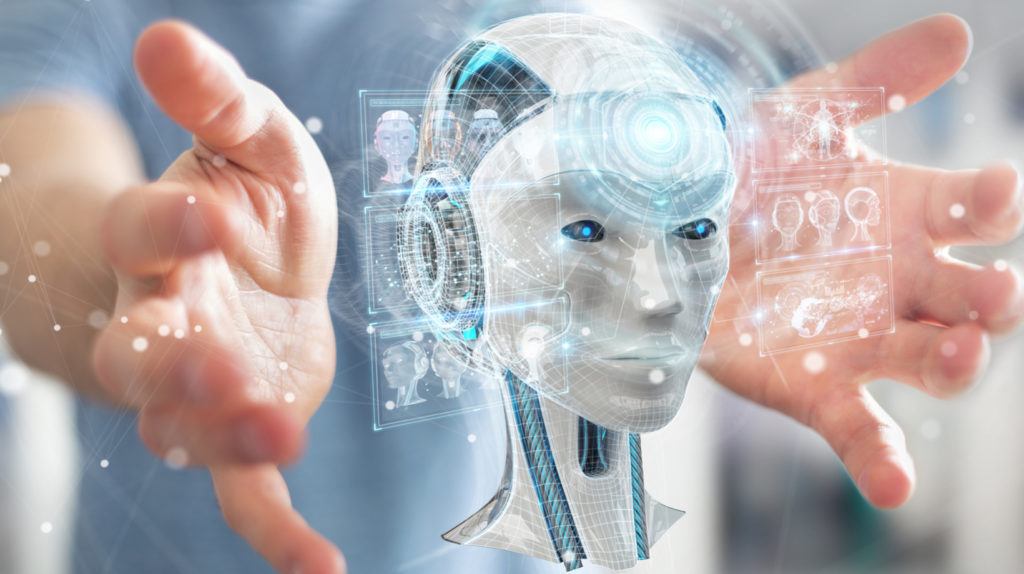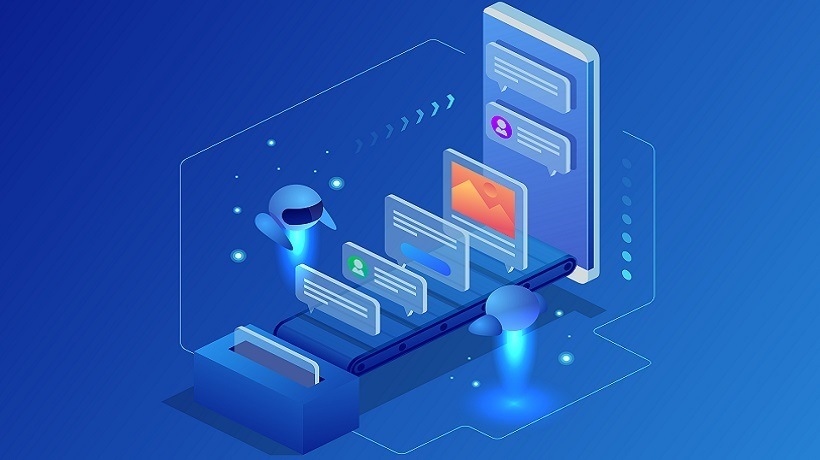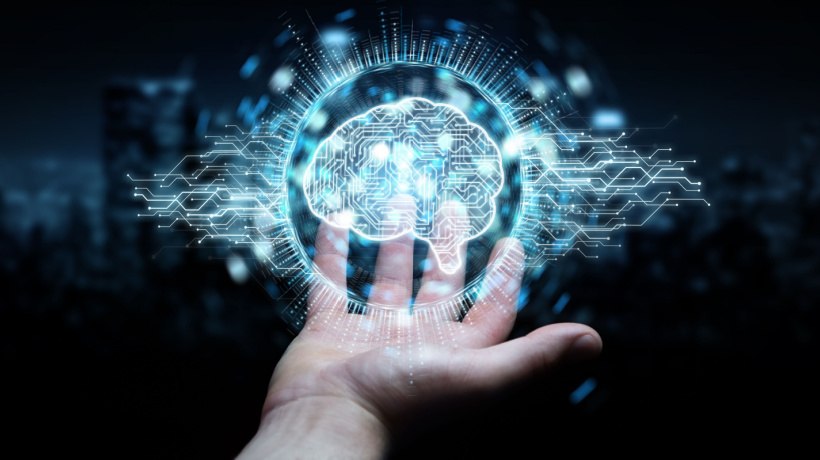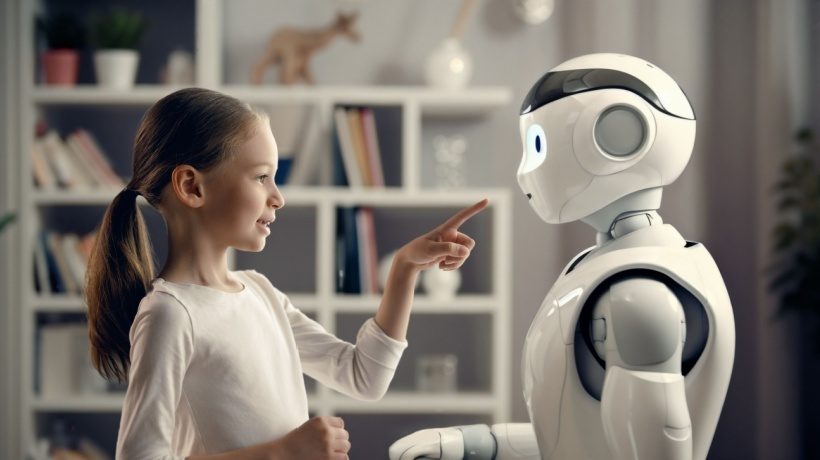Artificial Intelligence Versus Machine Learning
Artificial Intelligence versus machine learning. Adding fire to the debate, take the pun in whichever way you want, is the recent claim by Sundar Pichai, Google CEO, that AI and machine learning are at the throes of taking the world to a plane not witnessed earlier. Well, he did not use these exact words but meant as much. The words he actually used were that AI and machine learning is more profound than fire or electricity, and these words purport the same.
Expectedly, analysts, thinkers, technology gurus, and everyone of some eminence, and those without it jumped into the debate on whether AI is really what it is being made out to be. When he referred to AI and machine learning, Pichai meant AI from Google, his company. That opens up the first point of the debate, which is this: are AI and machine learning synonymous with Google, which seems to be transitioning from being a search engine to an AI company? Alright, let us leave this part aside for now because this topic takes the attention away from this topic and merits another discussion.
So, what is the basis for this assertion from Google’s CEO? What is it about the AI, machine learning, and deep learning of today that is dramatic and different from what they were a few years ago that triggers this conviction in him? Has there been some kind of a paradigm shift in this technology, alluding to which Sundar makes his claim?
It has come up with Google Assistant, which, as we all know, mimics the human voice in a manner that fools the user into thinking that it is to a human that they are talking. But now, this is the catch: if this is the extent to which machine learning can take automation, is it significant enough to be considered something as path-breaking as fire or electricity? The answer should be a no.
A Lot More To Come
But wait before we sing the requiem for this debate. What Google has shown the world is only a part of what their AI, machine learning, and deep learning technologies can eventually deliver over time. A new computer processor it has developed has the software that learns how to learn. In other words, it designs machine learning software itself, something that its experts have been getting paid to do all this while. Is it a case of the Frankenstein, or one of one’s excellence consuming oneself? It is too early to draw conclusions on this part, but what one can say with certainty is that the seeds for an altogether new paradigm in machine learning have been sown with this advancement.
Deep learning makes it possible to bring about a shift in the way intelligence is used to perform recognition tasks. Google’s Cloud Tensor Processing Unit will dramatically hasten the speed at which AI recognizes objects.
When it is developed to its logical end, who knows, Google Assistant might do unimaginable things in the future. The extent and depth of its prowess could range from robotic oncology surgery to agriculture to performing daily tasks that we humans have been conditioned for millennia to do. The technology that has enabled this, of which the human voice we hear in Google Assistant is just one part, is what has prompted Pichai to make his lofty claim about Google’s deep learning technologies.
And then, there is also the fact of his company having introduced AutoML, a technology project that has come out from the Google Brain stable. We have known all along that AI has been around for a while, but where AutoML upends the existing technology is that it will take machine learning a step above by configuring architectures that teach software to perform image and language-related tasks, at which they either rivalled the best architectures to ever have been designed by humans or showed improvement over.
Whether Google’s products from its AI, machine learning, and deep learning projects will change the face of mankind for the better or worse is difficult to predict, but the steps are being taken. This said, we have to understand on the concluding note that the Cloud Tensor only increases the speed of recognition and perhaps adds an element of improved efficiency. What it does not do, or has not yet done, is to make machines understand the difference between objects. As of now, the standpoint on which this technology performs -that of recognition of objects to differentiate them, and not knowing or understanding them for what they are -has essentially remained unchanged.
Could we say with confidence that the kind of tectonic shift being talked about can happen only when machines learn this skill, which is still not to be seen anywhere? Till then, should we take Pichai’s words figuratively and not literally?
There is a platform that offers insights and knowledge about next-generation technologies and tries to guide its readers on how the developments in these areas make an impact on their lives. It tries to keep matters simple and easy to understand. It follows the tech industry closely and loves to keep its audiences updated about developments in these areas and follows thought leaders and game changers.







